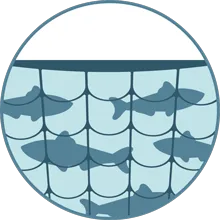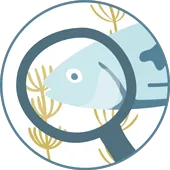
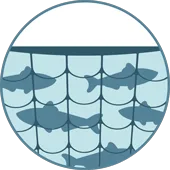

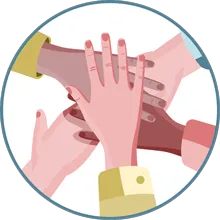
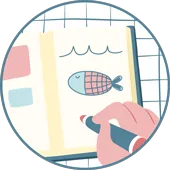
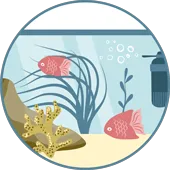
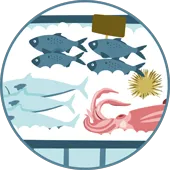
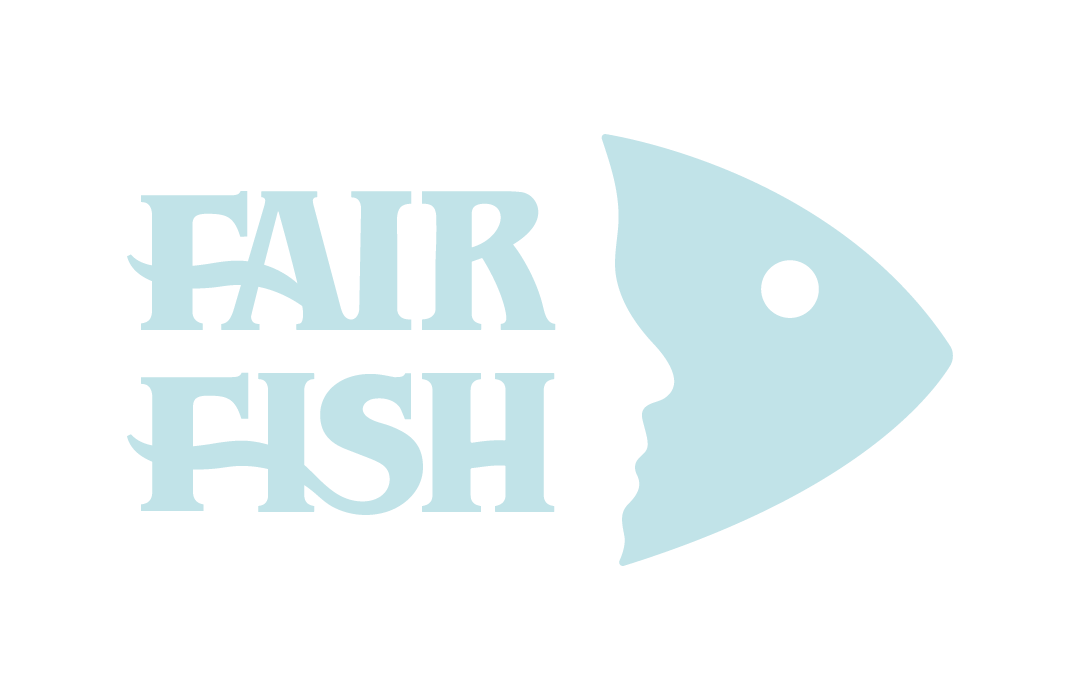
If suitable species are farmed appropriately, aquaculture could be an alternative to the ruthless exploitation of marine resources and to industrial fishing, which often prioritises something other than the welfare of fishes and sustainability. Around 100 billion fishes currently live in farms around the world – and fish farms face the challenge of improving the quality of life for their fishes.
The aim of fair‑fish is the species-appropriate, animal-friendly, and environmentally friendly production of edible fish that can be used in moderation to supplement the human diet. We obtain our knowledge of whether the needs of fishes in captivity can be met from our fair‑fish database, whose recommendations form the basis of our statements and our consultations.
Organic standards take the welfare of the fishes and a life that is as species-appropriate as possible into account. The organic guidelines require, among other things, natural substrate, relatively low stocking densities, very limited use of medication, and certified organic feed. Finally, they stipulate ethical stunning and slaughter methods and thus offer alternatives to conventional intensive fish farming.
fair‑fish recommends organic standards, but because organic standards apply only to a few selected species and are not always detailed enough, fair‑fish also recommends to see for yourself how the fishes are kept.
fair‑fish is currently involved in two aquaculture projects: Carefish/farm and Aquaculture Consultancy in Switzerland, Germany and Austria.
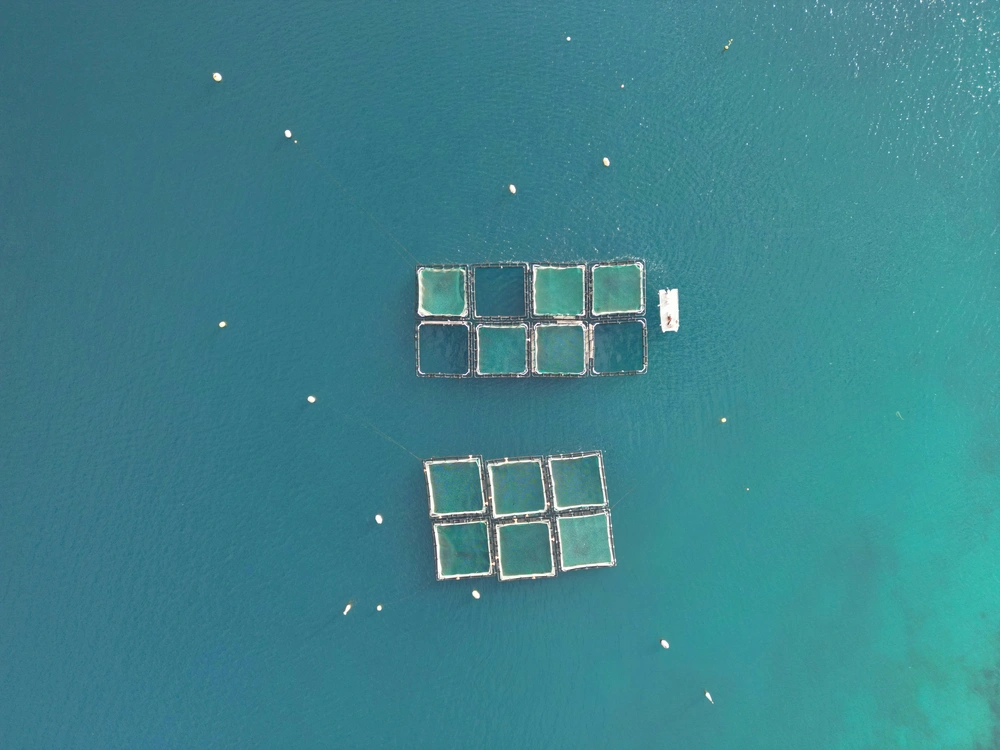
HomePublicationsThank you!Summer ShoalTeamfair-fish bookSocial mediaConsumptionDonateAssociationEventsData privacyOnline ShoalImprintfair-fish Marine schoolConsultancyWhich labels?Bequestfair tradePartnersArchiveAquaristicsJobs/InternshipsHistory & VisionCarefish/catchFisheryCarefish/farmFarmingfair-fish databaseImprintData privacyNewsTeamDid you know...?fish-factsAnnual reportsNewsletterMessagefish-facts SubscriptionInstagramFacebookTwitter / XLinkedIn

